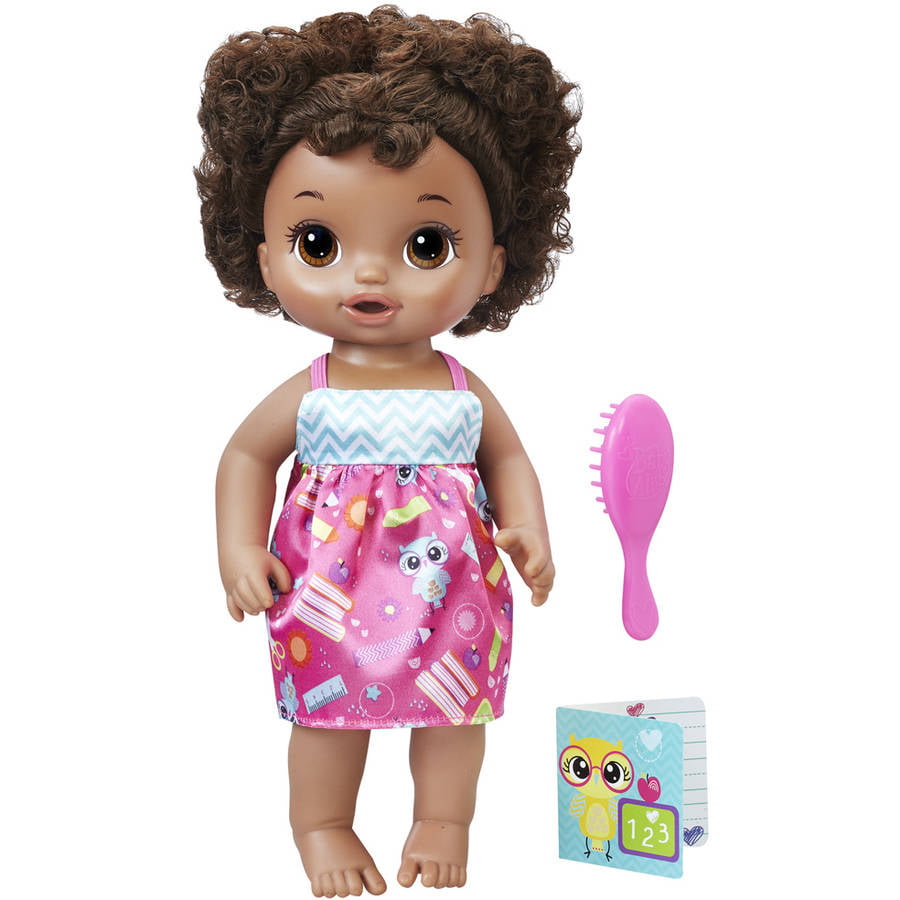

In more recent decades, novels and book retellings of this family history have become the new way of keeping African American folklore alive. My grandmother was cook and house-girl for this family of slaveowners – they must have been Bissits, ‘cause she was a Bissit. I’ve heard my grandmother tell it more than enough. This happened in slavery times, in North Carolina. Take this extract from a retelling of The Cat-Witch, for example:

It adds to cultural memory, too, and enhances family values as descendants are able to refer back to and honour their ancestors’ experiences. Family history figures in many folk tales makes each story unique, as one’s own heritage will be intertwined with its telling. This linking of genealogy and folklore gives the oral histories continuity, and adds an element of personal curiosity to the historical past. They demonstrate and track the fight for freedom and independence. They are not necessarily mythical tales, but stories are about real people and what happened to them. The stories relate to specific people, their experiences and the places where they lived. Having an aspect of genealogy in folklore makes African American history not only traceable but more approachable. In the story of a slave from Guinea, recorded in The Annotated African American Folktales, he asks his white master to bury him face down when he dies, so that he may return to his home country which he believes is directly on the other side of the world:įolklore has not just helped African Americans to record and remember large-scale events, or relate morals as other folk tales do – it has helped with individual family genealogy too. These stories were retold in secret, with elements adapted to their enslaved situation, adding in elements of freedom and hope. One important way of doing this was through folk tales, which the African slaves used as a way of recording their experiences. And yet, even though they were forbidden from practising anything that related to their African culture and heritage, the native Africans kept it and their languages alive in America. The slaves had to forsake their true nature to become servants to Anglo Americans. The effects of slavery on African culture were huge. Illiteracy was a means to keep control as it was believed that intellectual stimulation would give African Americans ideas of freedom and independence.


They were prevented from gaining any type of knowledge, including learning to read or write during their enslavement. Slavery put African Americans not only in physical shackles. The year 1619 marked the beginning of African American history, with the arrival of the first slave ship in Jamestown, Virginia. And for African Americans, folklore has played a particularly important part in documenting history too. This folkore is used by elders to teach family and friends about their collective cultural past. All over the world, community stories, customs and beliefs have been passed down from generation to generation.


 0 kommentar(er)
0 kommentar(er)
